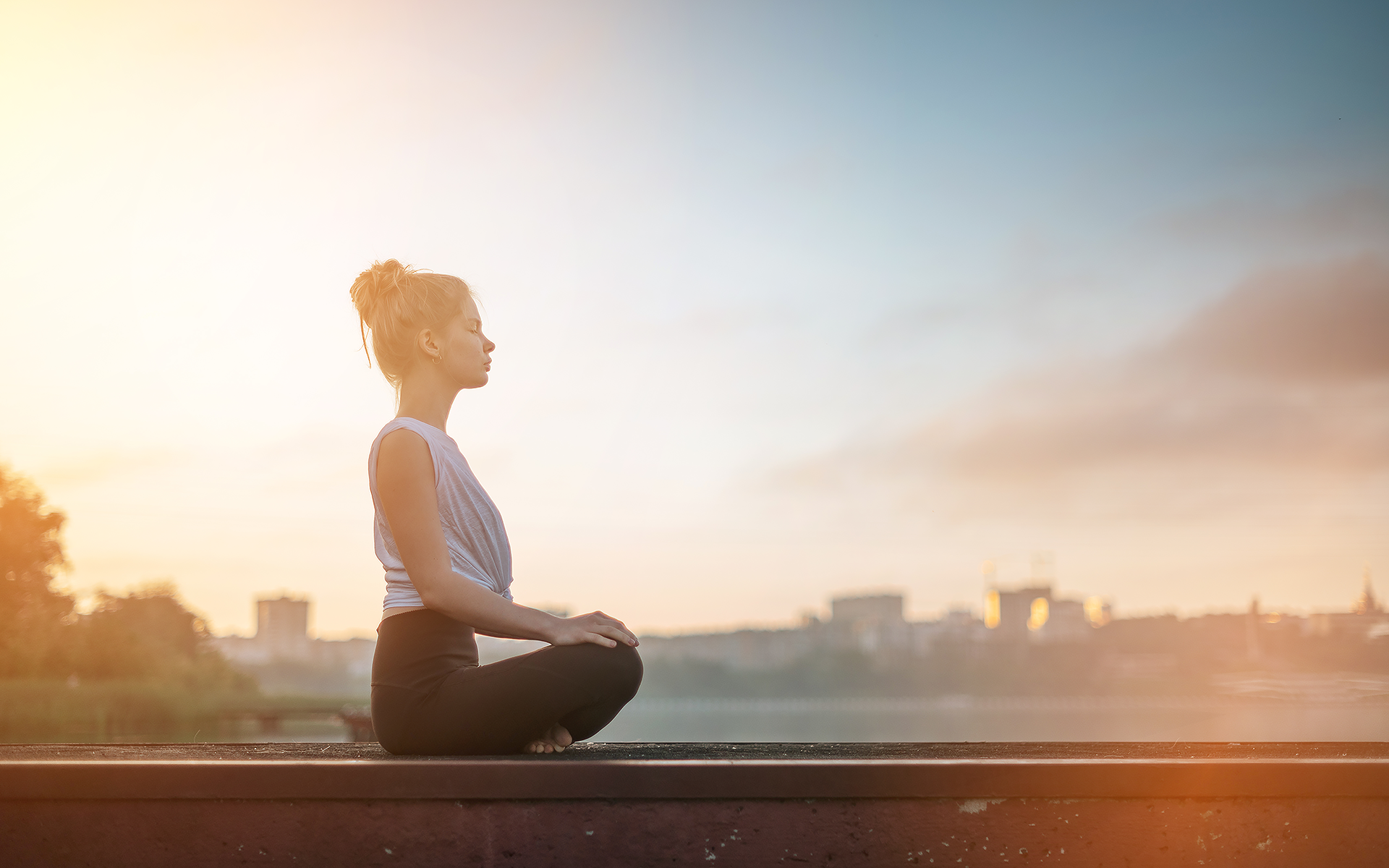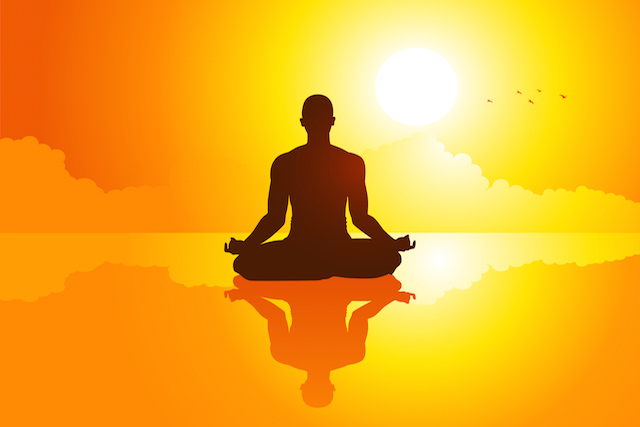Our basic interest e-newsletter keeps you approximately date on a variety of health topics.
Sign up now Meditation: An easy, fast method to minimize tension
Meditation can clean away the day's tension, bringing with it inner peace. See how you can easily learn to practice meditation whenever you need it most.
By Mayo Clinic Staff If stress has you nervous, tense and concerned, think about attempting meditation. Investing even a couple of minutes in meditation can restore your calm and inner peace.
Anybody can practice meditation. It's basic and inexpensive, and it doesn't require any special equipment. And you can practice meditation anywhere you are-- whether you're out for a walk, riding the bus, waiting at the physician's workplace and even in the middle of a tough organisation conference.
Comprehending meditation Meditation has actually been practiced for countless years. Meditation initially was meant to help deepen understanding of the sacred and mystical forces of life. These days, meditation is commonly used for relaxation and stress reduction.
Meditation is considered a type of mind-body complementary medicine. Meditation can produce a deep state of relaxation and a peaceful mind. During meditation, you focus your attention and get rid of the stream of jumbled thoughts that may be crowding your mind and causing stress. This process may result in improved physical and emotional well-being.
Benefits of meditation Meditation can provide you a sense of calm, peace and balance that can benefit both youremotional well-being and your general health.
And these benefits don't end when your meditation session ends. Meditation can help carry you more calmly through your day and may help you manage symptoms of certain medical conditions.
Meditation and emotional well-being When you meditate, you may clear away the information overload that develops every day and contributes to your stress.
The emotional benefits of meditation can include:
Meditation and illness Meditation may likewise work if you have a medical condition, specifically one that might be gotten worse by tension. While a growing body of clinical research study supports the health advantages of meditation, some scientists think it's not yet possible to draw conclusions about the possible benefits of meditation. With that in mind, some research suggests that meditation may help people manage signs of conditions such as:
Make certain to talk with your healthcare supplier about the benefits and drawbacks of utilizing meditation if you have any of these conditions or other health issue.

Sometimes, meditation can aggravate signs connected with specific mental and physical health conditions.
Meditation isn't a replacement for traditional medical treatment. But it may be a beneficial addition to your other treatment. Kinds of meditation
Meditation is an umbrella term for the lots of methods to an unwinded state of being. There are numerous types of meditation and relaxation techniques that have meditation components. All share the same objective of attaining inner peace. Ways to practice meditation can consist of:
Directed meditation. In some cases called guided imagery or visualization, with this method of meditation you form psychological images of locations or scenarios you discover relaxing.
You try to use as many senses as possible, such as smells, sights, sounds and textures. You might be led through this procedure by a guide or instructor.
Mantra meditation. In this type of meditation, you quietly repeat a calming word, believed or expression to avoid distracting thoughts. Mindfulness meditation. This Additional resources type of meditation is based upon being conscious, or having actually an increased awareness and approval of living in the present moment.
In mindfulness meditation, you broaden your mindful awareness. You concentrate on what you experience throughout meditation, such as the flow of your breath. You can observe your thoughts and emotions, however let them pass without judgment. Qi gong. This practice usually integrates meditation, relaxation, physical movement and breathing exercises to restore and keep balance. Qi gong (CHEE-gung) becomes part of conventional Chinese medicine. Tai chi. This is a form of gentle Chinese martial arts. In tai chi (TIE-CHEE), you carry out a self-paced series of postures or motions in a slow, graceful manner while practicing deep breathing.
Transcendental Meditation ®. Transcendental Meditation is a basic, natural strategy. In Transcendental Meditation, you quietly repeat a personally assigned mantra, such as a word, noise or expression, in a particular way. This form of meditation might permit your body to settle into a state of extensive rest and relaxation and your mind to achieve a state of inner peace, without needing to utilize concentration or effort. Yoga. You carry out a series of postures and controlled breathing exercises to promote a more flexible body and a calm mind. As you move through postures that need balance and concentration, you're encouraged to focus less on your busy day and more on the minute.

Various types of meditation may include various functions to help you meditate. These might differ depending on whose guidance you follow or who's teaching a class. A few of the most typical features in meditation include: Concentrated. Focusing your attention is normally one of the most important components of meditation.
Focusing your attention is what assists totally free your mind from the many diversions that trigger stress and worry. You can focus your attention on such things as a particular item, an image, a mantra, and even your breathing. Relaxed breathing. This strategy includes deep, even-paced breathing using the diaphragm muscle to expand your lungs. The function is to slow your breathing, take in more oxygen, and minimize the use of shoulder, neck and upper chest muscles while breathing so that you breathe more effectively. A peaceful setting. If you're a novice, practicing meditation may be much easier if you remain in a quiet area with couple of interruptions, including no tv, radios or mobile phones.
As you get more experienced at meditation, you might have the ability to do it anywhere, particularly in high-stress situations where you benefit the most from meditation, such as a traffic congestion, a difficult work meeting or a long line at the supermarket. A comfy position. You can practice meditation whether you're sitting, lying down, strolling, or in other positions or activities. Simply try to be comfortable so that you can get the most out of your meditation. Goal to keep great posture during meditation. Open mindset. Let thoughts pass through your mind without judgment.